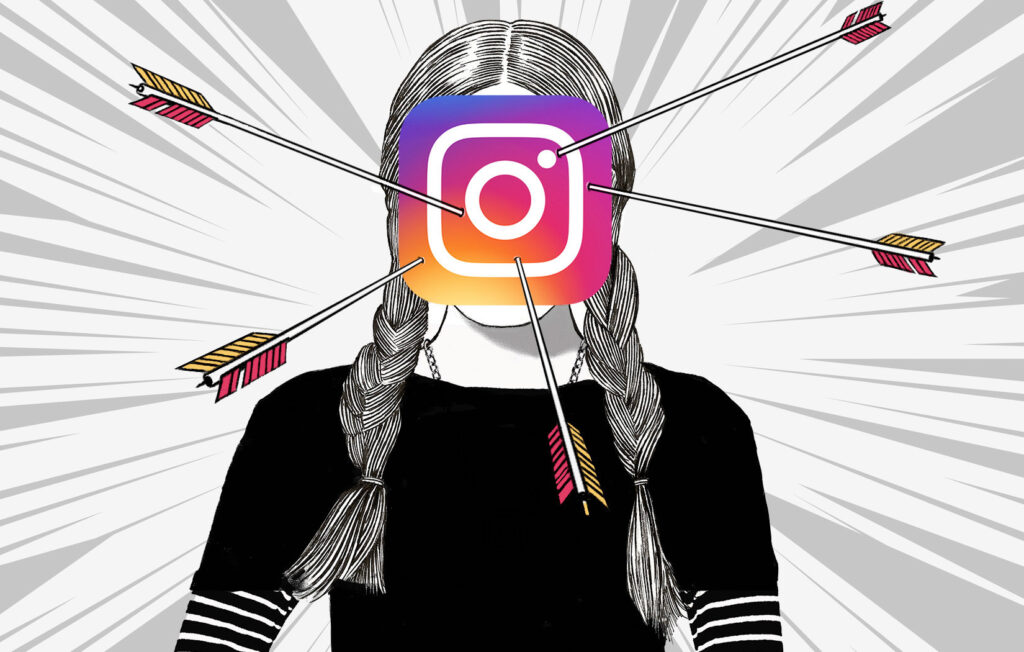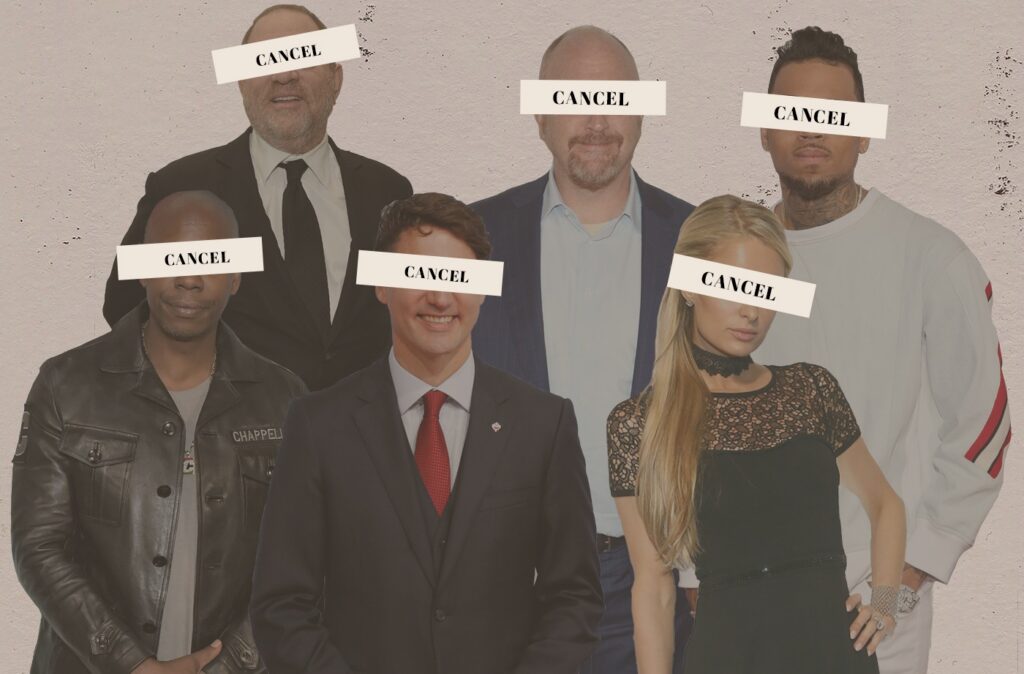Words by Miranda Dunne
It was only this February that Caroline Flack died after the Crown Prosecution Service pursued a trial where she was to be accused of domestic violence. As she awaited trial during her final days, she was subject to ridicule from tabloids and abuse on social media. Despite the legitimate justice that was due to transpire, her wealth and status ensured the torment of additional trials thrust onto her by the tabloids and social media. The human psyche is not equipped to deal with that many people piling on, irrelevant of whether the target occupies a more powerful position than those jumping to pass their own judgment.
The term ‘cancelling’ is often traced back to “black twitter”, as a strategy originally used by women to hold powerful men accountable for the abuse they had hitherto subject their victims to – case in point the early usages of the #metoo hashtag. Justice was not being served to powerful abusers. Thus, social media became the alternative for victims to regain the agency they’d had stolen. Since then, this strategy has been seized upon and uncritically applied to an array of situations, resulting in, at best, abuse against people perceived as powerful; at worst, people with little having their livelihoods taken away.
Despite the evidence, it is popular to claim that cancel culture doesn’t exist; people are, instead, being “held accountable” for their behaviour. Criticising this, Ayishat Akanbi, a social commentator on cancel culture, fights against the oppression of marginalised groups but is wary of cancel culture. She holds firm that cancel culture is not only real but hypocritical, especially with regards to mental health. Speaking to Double Down News, she says:
“We talk so much about mental health and how important it is… [but then we] discard people at the first sign of something we dislike… We undermine how easy it is to become the people that we dislike. Which is why I’m hesitant to label things as evil. I’m much more interested in the root causes as opposed to the symptoms.”
Unpacking this, Olotu claims such hastiness is done via Noscitur a Sociis (‘a word is known by the company it keeps’) which some use to conflate contestable opinions with egregious behaviour:

“Why do people abuse language in this way? So they can… treat critics with unrestrained aggression. What society allows us to do to “people who have a different opinion” is much tamer than what society allows us to do to “sexists”.”
On this note, Ayishat Akanbi succinctly illuminates, ‘we can’t live in a sick society without absorbing some of its sicknesses.’ This might well explain where this mutated form of cancelling stems from. To flip Oluto’s argument, when women, historically, have sought the state’s justice for the men who have abused them, lawyers and media have chosen to taint their character. They are too familiar: “How much clothing was she wearing?” and “Does she sleep around?”.
It is fine, and even accurate, to dissect how everyday behaviours underpin violent acts of real oppression, but let’s start from the top, not the bottom. If these attitudes are systemic, scapegoating one person won’t change anything; you are merely playing into the polarisation that social media platforms thrive on. It’s an even cheaper, decentralised copy of the likes of The Sun which, over the years, has hunted people with its metaphorical pitchfork.

If you pile on to someone because you view their language as oppressive, if you call for them to lose their work and livelihood, you are being abusive. You also participate in the same sick behaviour that has resulted in some being more equal than others in the first place. You can engage in unilateral, mass-conducted demands that someone should revoke or ‘apologise’ for their actions. But what is the purpose of an apology if it is only given due to the fury of internet users?
In a world that hosts so much injustice and pain, it’s easy to be overwhelmed. To stop the stem of hate some have been subject to, we must return to the basics. We teach our kids to treat others how they wish to be treated, to be kind, and not to bully people or sink to the level of those whose behaviour we dislike. To weed out harmful behaviour at the root, we cannot, with a clear conscience, engage in the same destructive behaviour. We must be better.

